Related Article
-
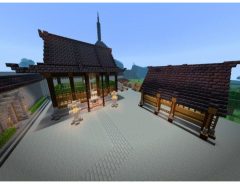
This school in Chiba is taking a cultural trip to Kansai using Minecraft!
-

Welcome Spring With A Cup Of Matcha Pudding From Starbucks Japan
-
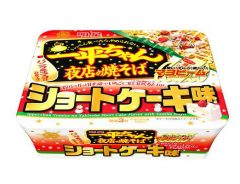
Strawberry Shortcake Yakisoba Noodles Are The Christmas Treat For The Truly Adventurous
-

Idol Ladybeard Transforms Into Aquaman In First Ever Cosplay In Pants
-
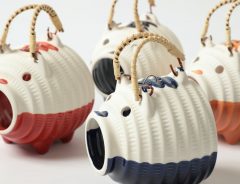
BEAMS JAPAN releases stylish two-toned kayari buta mosquito incense burners
-
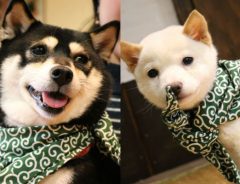
Japan Opens Up Its First Mini-Shiba Inu Cafe
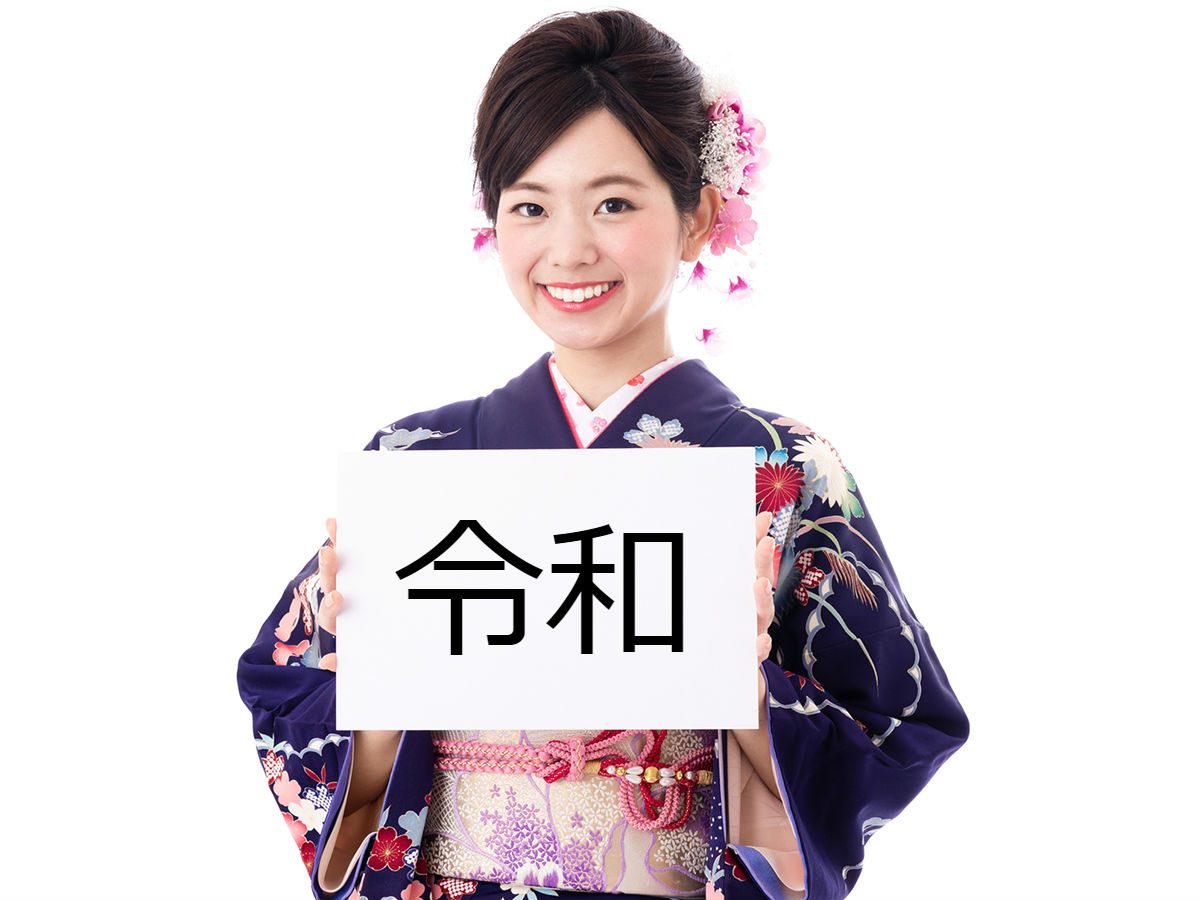


Reiwa Announced As New Era
At 11:30 p.m., Chief Cabinet Secretary Yoshihide Suga made an announcement that the new era beginning on May 1st, 2019, will be called Reiwa (令和). The announcement was immediately sent to 195 countries as well as embassies, diplomatic missions and organizations around the world.
Almost three years ago, Emperor Akihito hinted that he wished to abdicate the Chrysanthemum Throne due to his age and declining health. Although relatively common centuries ago, the abdication of a sitting emperor was unprecedented in modern times, and not allowed in the constitution. However, out of respect for Emperor Akihito's wishes, the Japanese government passed a special bill which exceptionally allowed the abdication, and the date was set for April 30th, 2019. On May 1st, Japan will usher in the Reiwa Era as Crown Prince Hironomiya Naruhito is enthroned, becoming Emperor Naruhito, 126th member of the world's oldest dynasty. His father Akihito will take the title of 上皇 Jōkō ("Emperor Emeritus" in English) until his death, at which point he will be referred to as Emperor Heisei, taking the name of the 30-year era in which he reigned.
Significance of Reiwa
As for the kanji selected, 令 (Rei) means to order/command/cause/make happen, while 和 (Wa) means peace, together, harmony. Together, the meaning of "reiwa" can be translated to "peace through order" or "orderly peace".
Prime Minister Shinzo Abe, in his explanation regarding the new name, cited the poem depicting gentle winds following a harsh and cold winter, giving way to plum blossoms. Abe said that he hopes the new era can be one where the people of Japan bloom following a cold period.
Decision process
Earlier today, the cabinet heard from a panel of experts and the heads and deputy heads of both chambers of the Diet before deliberating on the name, considering three candidate which Suga had whittled down from a list of some 20 to 30 proposals provided by experts in Japanese and Chinese literature and Japanese and Asian history.
In addition to general principles that the name should "have a good meaning appropriate as an ideal for Japan's citizens," be composed of two kanji, be easy to write and pronounce, and "not be commonly in use," the name was chosen based on six criteria: